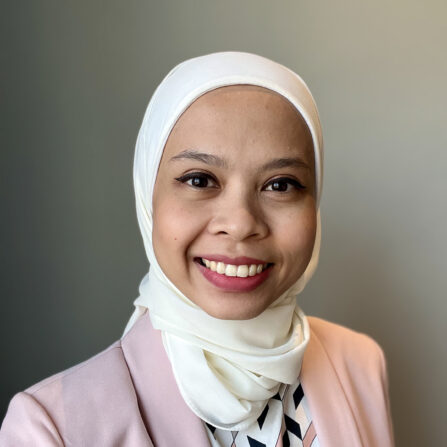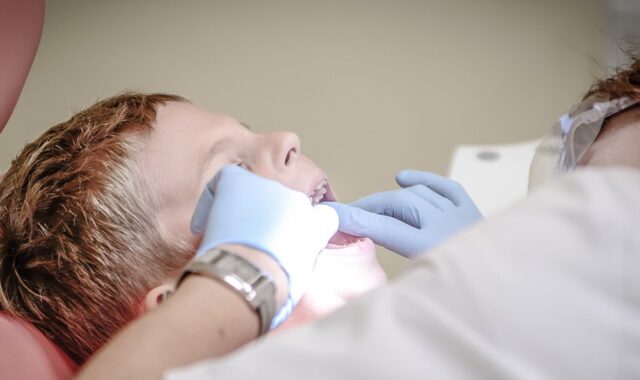
Aini A.
Obstetrician & GynaecologistWhat is the nature of your role and its responsibilities?
I care for the health of girls and women at every stage of their lives. Part of my job involves working closely with midwives in the labour room to ensure safe deliveries. Besides delivering babies, I perform surgeries and help patients in the clinic with issues like pregnancy care, menstrual problems, infertility, cancer investigations, and menopause. I am also involved in teaching, training junior doctors and nurses through lectures, hands-on drills, and simulation exercises to improve their skills and knowledge.
What led you to follow this career path?
I’ve wanted to be a doctor since school, inspired by my grandfather’s battle with cancer. Obstetrics & Gynaecology holds a special place in my heart because I’ve always been driven by my mantra, “Girl Power,” and my passion for empowering women.
What qualification(s) or training did you complete?
I completed the degree of Doctor of Medicine (M.D) and Membership of Royal College of Obstetricians & Gynaecologists (MRCOG).
How are your qualification(s) or training useful in your everyday job?
Earning my medical degree was the first step towards starting housemanship, obtaining registration with my local medical council, and eventually enrolling in specialty training. However, it’s my Membership of the Royal College of Obstetricians & Gynaecologists (MRCOG) that has unlocked numerous opportunities in clinical practice, research, leadership, and even fields beyond medicine. Throughout my training, I gained not only clinical and surgical expertise but also a range of transferable skills that can be applied across diverse disciplines.
What does an average working day look like for you?
As a specialist, my typical workday runs from 8 AM to 5 PM, though my hours were much longer and more demanding during my training years. My day usually begins with a morning handover meeting, followed by ward rounds and clinic sessions until lunchtime. Afternoons are often spent in the clinic, handling administrative tasks, or teaching. A few days a week, including some weekends, I’m on-call, which involves staying in the hospital for 24 hours. I also spend certain days in the operating theater performing surgeries.
What aspect of your role do you most enjoy?
I cherish the variety my job offers: the adrenaline rush of the labour room, the intensity of the operating theater, and the thoughtful, in-depth consultations I have with patients and their families in the clinic.
What aspect of your job do you find most challenging?
The most challenging aspect of my job is making decisions after decisions with and for my patients and their families while balancing their expectations and ensuring patient safety remains the top priority.
What would be your top piece of advice for anyone wanting to become a obstetrician & gynaecologist?
You need to have passion because it is the key to keep you going when things get tough. You need physical and mental stamina during training. Keep on learning new things, because medicine is ever-evolving. At the same time, have one hobby outside work that can ground you.




Comments